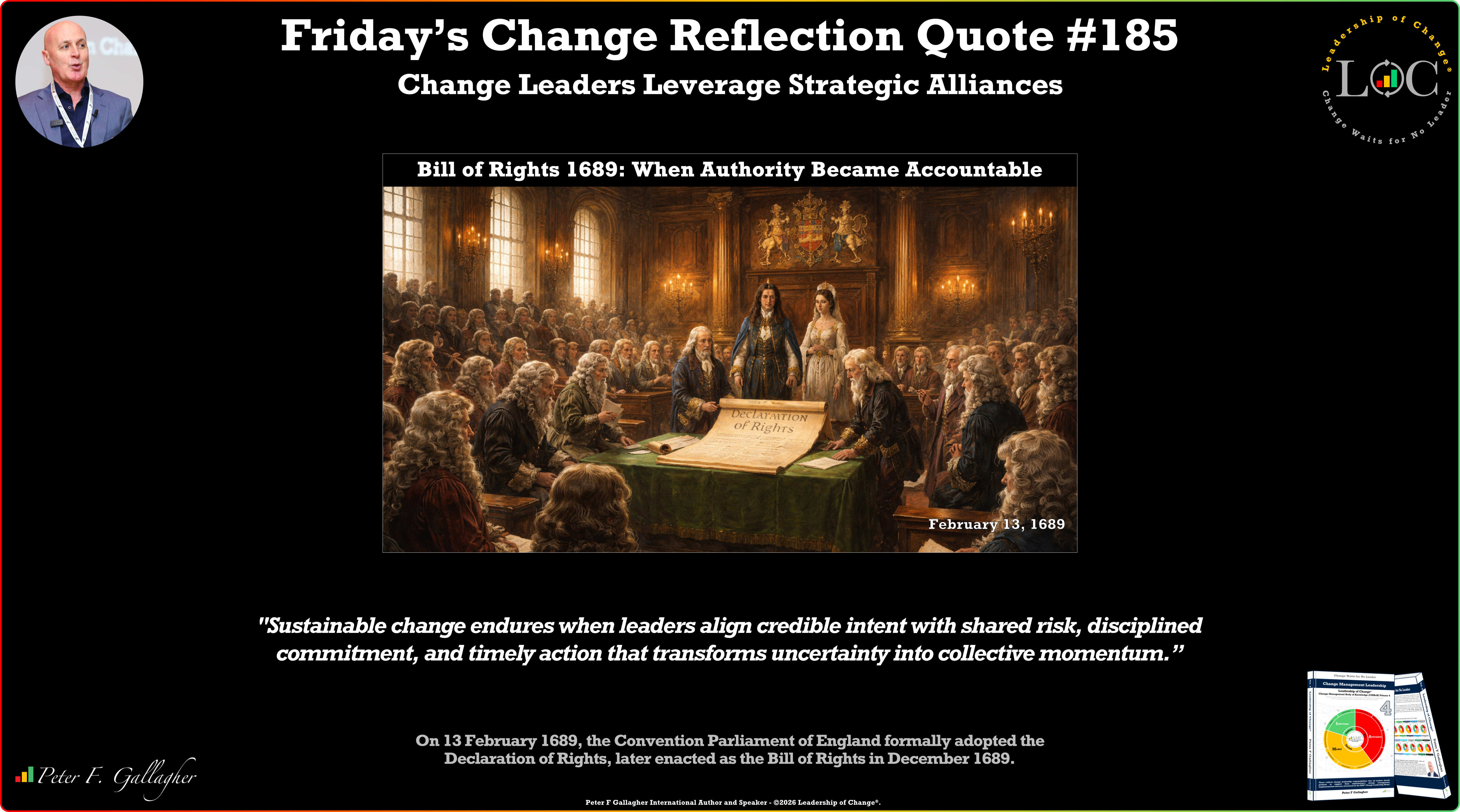Apr28

The dichotomy between courageous leadership and profit-driven greed is stark in the pharmaceutical industry. Ethical leadership is characterized by decisions prioritizing patient welfare, ethical practices, and long-term societal impact over short-term financial gains. This is vividly illustrated in actions such as Johnson & Johnson's swift response during the Tylenol recall, Merck's commitment to donate medications for river blindness, Novartis's bold steps in malaria treatment, demonstrating integrity and enhancing corporate reputation, and AstraZeneca and the COVID-19 Vaccine.
Johnson & Johnson's Crisis Management
In 1982, Johnson & Johnson faced a severe crisis when cyanide-laced Tylenol capsules led to the deaths of seven people in Chicago, turning a trusted household product into a potentially lethal weapon overnight. James Burke, the CEO at the time, prioritized customer safety above all, recalling over 31 million bottles of Tylenol and halting advertisements, which cost the company over $100 million. This decisive action was complemented by their proactive communication with the public and authorities, setting up a customer hotline, and collaborating with the FBI, Chicago PD, and the FDA. This managed the crisis effectively and revolutionized packaging safety standards across the industry.
Merck's Philanthropic Leadership
Merck's philanthropic efforts under CEO Roy Vagelos with the Mectizan Donation Program began in 1987. The program targeted river blindness, a devastating disease affecting millions in sub-Saharan Africa and other regions. By donating Mectizan as long as needed, Merck showed unparalleled commitment to global health, significantly reducing and potentially eliminating the disease. This program, in collaboration with WHO, the World Bank, and various NGOs, is a prime example of successful public-private healthcare partnerships.
Novartis and the Fight Against Malaria
Novartis exhibited another remarkable instance of courageous leadership under Daniel Vasella in the early 2000s. Novartis partnered with the WHO to improve treatments for malaria, a disease that kills millions annually, predominantly in poorer countries. They developed Coartem, an effective anti-malarial drug, and made it available at cost in developing countries, foregoing substantial profits in favor of greater access to essential medicine. This commitment helped to treat millions of malaria cases and set a precedent for access to affordable medications in low-income countries.
AstraZeneca and the COVID-19 Vaccine Development
In 2020, AstraZeneca, under CEO Pascal Soriot, made headlines with its commitment to distribute the COVID-19 vaccine it developed with Oxford University on a non-profit basis during the pandemic. This decision stood out at a time when the global crisis demanded unprecedented public health responses. AstraZeneca pledged to provide the vaccine at a cost to ensure global access, particularly in low-income countries, which often struggle to afford essential medications.
This move was part of a broader strategy to combat the pandemic effectively by prioritizing widespread vaccine availability over potential profits. The company also entered multiple manufacturing partnerships worldwide to boost production capabilities and ensure the vaccine could be delivered globally. This approach demonstrated a significant commitment to global health and showed how a pharmaceutical giant could lead ethically in a worldwide crisis.
Contrasting Paradigms
These examples highlight a contrast within the pharmaceutical industry: while courageous leadership builds a legacy of trust and contributes positively to society, profit greed often leads to reputational damage and a loss of consumer confidence. The Tylenol, Mectizan, Coartem, and AstraZeneca COVID-19 vaccine stories exemplify how pharmaceutical companies can lead with courage and ethics, profoundly impacting global health and safety.
One of the most notorious examples of greed over-riding positive, courageous leadership is the case of Turing Pharmaceuticals under CEO Martin Shkreli, who faced widespread condemnation for raising the price of Daraprim, a critical anti-parasitic drug, from $13.50 to $750 per pill overnight. This act was widely viewed as profit-maximizing at the expense of patient lives, reinforcing the negative image of the pharmaceutical industry as prioritizing profits over patients.
Another example is the opioid crisis, where companies like Purdue Pharma were accused of aggressive marketing tactics that prioritized sales over patient safety, contributing to a national health crisis in the United States. The fallout from these practices has led to massive settlements and ongoing litigation, further damaging the industry's reputation.
The stark differences between these approaches underscore the significant impact of leadership values on the direction and perception of pharmaceutical companies. This isn't just about managing crises or launching donation programs; it's a robust reminder of the potential for ethical leadership to drive meaningful change in an industry often criticized for prioritizing profits over people.
By CB Bowman
Keywords: Coaching, Leadership, Public Relations
 Testing Suez: Economics Are Driving Carriers Back Into the Red Sea
Testing Suez: Economics Are Driving Carriers Back Into the Red Sea Mastering Social Media in 2026: Optimizing Networking and Advocacy for the Digital Age
Mastering Social Media in 2026: Optimizing Networking and Advocacy for the Digital Age Friday’s Change Reflection Quote - Leadership of Change - Systemic Change Follows Failed Governance
Friday’s Change Reflection Quote - Leadership of Change - Systemic Change Follows Failed Governance Who Are You Under Pressure - And Is That the Real You?
Who Are You Under Pressure - And Is That the Real You? LinkedIn Voice for Sales
LinkedIn Voice for Sales